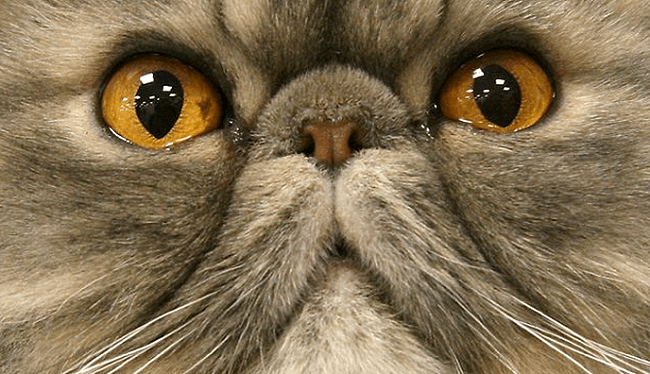Feline Herpes Virus
Feline herpes is also known as feline viral rhinotracheitis or FVR for short. It is a disease that affects your cat’s upper respiratory tract. Caused by the feline herpes virus type 1 (FHV-1), it can affect a cat of any age or breed.
Transmission
The feline herpes virus is shed in bodily secretions from the nose, mouth, and eyes. Cats can become infected with the virus by coming into contact with the contaminated secretions. Also, objects such as litter trays and food dishes can harbor the virus and infect your cat when he comes into contact with them. You as the owner can even harbor the virus on your hands or clothing and pass it along to your pet.
Certain cats are particularly at risk for the feline herpes virus. Those who live in poorly cleaned or ventilated conditions are at risk. Kittens and cats around plenty of other cats are also susceptible. Felines who are also sick from some other type of disease can also be infected more easily.
Signs
As mentioned earlier, the feline herpes virus affects the upper respiratory tract. This causes various symptoms such as nasal discharge and inflammation and sneezing. Your cat may also develop a case of conjunctivitis, more commonly known as pink eye. Pregnant cats can also experience complications since the virus affects the reproductive tract as well.
Diagnosis
The herpes virus in cats is fairly straightforward to diagnose. The vet can send a sample of your cat’s nasal or eye secretions to a laboratory to test for the virus. There are various tests available to make a diagnosis of this illness.
Treatment
Treatment of feline herpes virus mainly consists of supportive care since there is no cure. You will need to ensure that your cat eats and drinks. Discharge from the eyes and nose will need to be cleaned regularly too. Some cats are given eye drops to help relieve inflammation.
It is also beneficial to minimize the amount of stress that your cat endures while he’s sick. In severe cases, the veterinarian may feel the need to give your cat antiviral or antibiotics.
Prevention
You should be aware that after a bout with this disease, most cats become latent carriers. Latent carriers show no sign of disease although they are still capable of spreading it via their bodily secretions. There is a vaccine available to keep your cat from contracting this virus.

